A virtually plotless, gaudy, impressionistic portrait of Rome through the eyes of one of its most famous citizens.
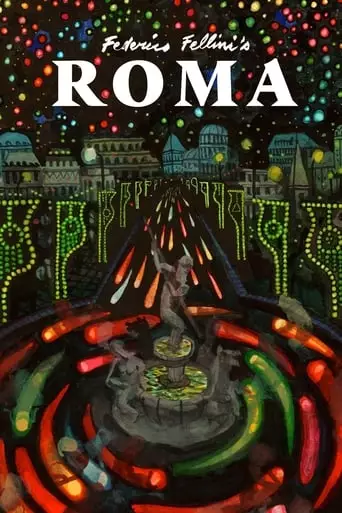
A virtually plotless, gaudy, impressionistic portrait of Rome through the eyes of one of its most famous citizens.
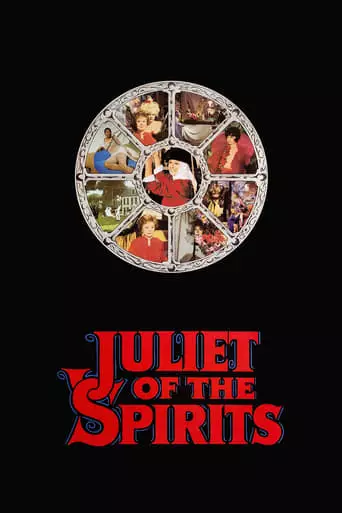
Middle-aged Giulietta grows suspicious of her husband, Giorgio, when his behavior grows increasingly questionable. One night when Giorgio initiates a seance amongst his friends, Giulietta gets in touch with spirits […]
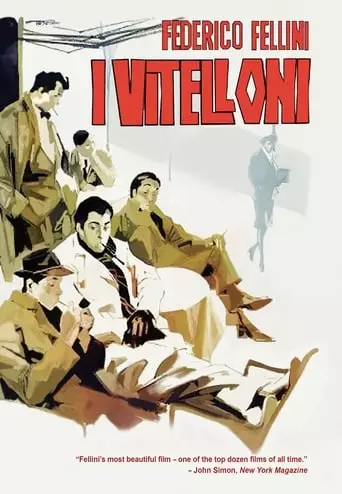
Five young men dream of success as they drift lazily through life in a small Italian village. Fausto, the group’s leader, is a womanizer; Riccardo craves fame; Alberto is a […]
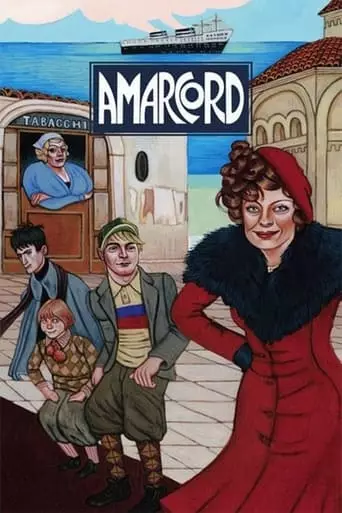
In an Italian seaside town, young Titta gets into trouble with his friends and watches various local eccentrics as they engage in often absurd behavior. Frequently clashing with his stern […]
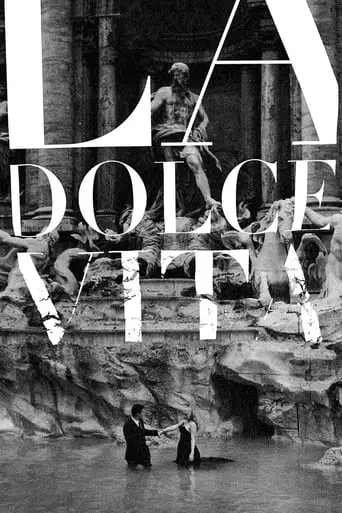
Episodic journey of journalist Marcello who struggles to find his place in the world, torn between the allure of Rome’s elite social scene and the stifling domesticity offered by his […]
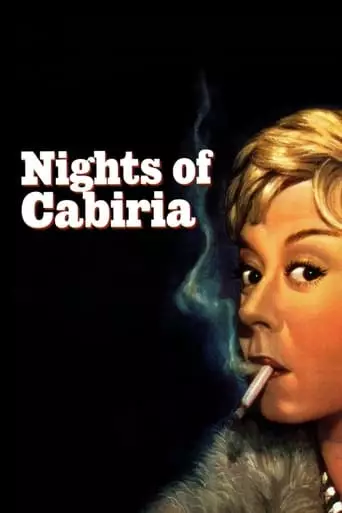
Rome, 1957. A woman, Cabiria, is robbed and left to drown by her boyfriend, Giorgio. Rescued, she resumes her life and tries her best to find happiness in a cynical […]
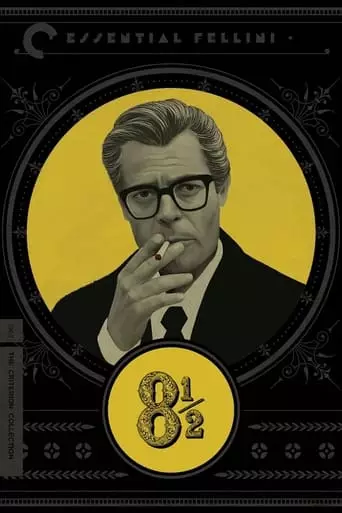
Guido Anselmi, a film director, finds himself creatively barren at the peak of his career. Urged by his doctors to rest, Anselmi heads for a luxurious resort, but a sorry […]
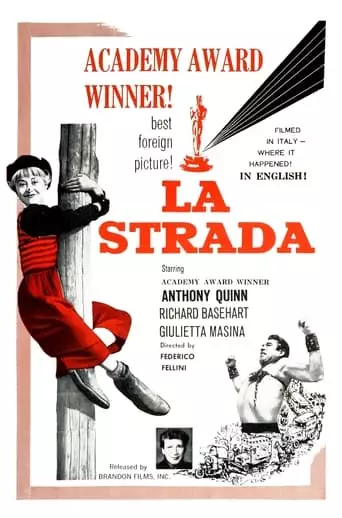
When Gelsomina, a naïve young woman, is purchased from her impoverished mother by brutish circus strongman Zampanò to be his wife and partner, she loyally endures her husband’s coldness and […]
Federico Fellini: The Maestro of Italian Cinema
Federico Fellini, one of the most celebrated filmmakers in cinema history, was a master storyteller who redefined the art of filmmaking with his visionary style and deeply personal narratives. Known for his dreamlike imagery, vibrant characters, and a blend of fantasy and reality, Fellini’s work transcends the boundaries of traditional storytelling to create a world uniquely his own.
Early Life and Career Beginnings
Born on January 20, 1920, in Rimini, Italy, Fellini’s early life in a small coastal town influenced much of his work. His upbringing in a provincial environment, combined with a fascination for circus performers, the Catholic Church, and the eccentricities of small-town life, would later become recurring themes in his films.
After moving to Rome in 1939, Fellini initially pursued a career as a caricaturist and screenwriter. He gained recognition for his contributions to Italian neorealism, co-writing scripts for films such as Rome, Open City (1945) and Paisan (1946) by Roberto Rossellini. These early collaborations shaped his understanding of narrative structure and humanist storytelling.
From Neorealism to Personal Vision
Fellini made his directorial debut with Variety Lights (1950), co-directed with Alberto Lattuada. While his early films, including The White Sheik (1952) and I Vitelloni (1953), reflected neorealist influences, they also hinted at the surrealism and autobiographical elements that would come to define his later work.
His first major success as a solo director came with La Strada (1954), a poignant tale of a wandering strongman and his tragic companion. The film, starring Giulietta Masina (Fellini’s wife and muse), won the Academy Award for Best Foreign Language Film, marking the beginning of his international acclaim.
Defining Masterpieces
The late 1950s and 1960s were the most fertile period of Fellini’s career, during which he created some of cinema’s most iconic works.
La Dolce Vita (1960): This groundbreaking film follows Marcello, a disillusioned journalist, as he navigates the decadence of Rome’s elite. The film’s episodic structure, striking imagery, and exploration of existential ennui made it a cultural phenomenon. Its iconic scene of Anita Ekberg wading in the Trevi Fountain remains one of cinema’s most enduring images.
8½ (1963): Widely regarded as Fellini’s magnum opus, this semi-autobiographical masterpiece delves into the creative struggles of a filmmaker. A kaleidoscope of memories, dreams, and fantasies, 8½ is a celebration of the artistic process and an exploration of identity and self-doubt. It won the Academy Award for Best Foreign Language Film and solidified Fellini as a cinematic innovator.
Amarcord (1973): A nostalgic, whimsical reflection on Fellini’s youth in Rimini, Amarcord combines humor and pathos to paint a vivid portrait of small-town life in Fascist Italy. The film won another Academy Award for Best Foreign Language Film, showcasing Fellini’s enduring ability to connect with audiences.
A Style Like No Other
Fellini’s films are characterized by their larger-than-life characters, extravagant visuals, and a blend of reality and fantasy. His signature style, often described as “Felliniesque,” is marked by surreal sequences, eccentric humor, and profound emotional resonance.
Recurring motifs in his work include the circus, religious iconography, the sea, and the interplay between memory and imagination. Music also played a central role in his films, with composer Nino Rota’s evocative scores enhancing the emotional and dreamlike quality of Fellini’s storytelling.
Personal and Professional Challenges
Despite his artistic achievements, Fellini’s career was not without challenges. Some of his later films, such as City of Women (1980) and And the Ship Sails On (1983), received mixed reviews, with critics and audiences divided over their experimental nature.
Nevertheless, Fellini remained a fiercely independent artist, dedicated to exploring his vision without compromise. His collaborations with Giulietta Masina, who starred in several of his films, were a cornerstone of his work, reflecting their profound personal and creative partnership.
Awards and Legacy
Over his illustrious career, Fellini received numerous accolades, including five Academy Awards, the Palme d’Or at the Cannes Film Festival, and an honorary Oscar in 1993 for his lifetime achievements.
Fellini’s influence extends far beyond the realm of cinema. His ability to blend the fantastical with the deeply personal inspired filmmakers such as Martin Scorsese, Woody Allen, Terry Gilliam, and Pedro Almodóvar. His unique vision continues to resonate with audiences and artists alike, reaffirming his status as a true cinematic auteur.
Death and Enduring Impact
Federico Fellini passed away on October 31, 1993, but his legacy endures through his timeless films. His ability to capture the complexity of human experience with humor, compassion, and artistry has cemented his place as one of the greatest filmmakers of all time.
Conclusion
Federico Fellini was more than a director; he was a storyteller who redefined the language of cinema. By blending dreams and reality, humor and tragedy, he created films that are both deeply personal and universally resonant. For those who seek to understand the human condition through the lens of imagination, Fellini’s works offer a rich and enduring treasure trove of cinematic artistry.